Regional Political Parties in India: India, known for its diverse culture and vast geographical expanse, is a democratic nation that witnesses a vibrant political landscape. While national political parties dominate the country’s political sphere, regional political parties play a crucial role in representing the interests and aspirations of specific states or regions. These parties serve as vital channels for the expression of local concerns and act as important stakeholders in the democratic process. This article explores the significance of regional political parties in India and their impact on the nation’s political dynamics.
The Emergence of Regional Political Parties:
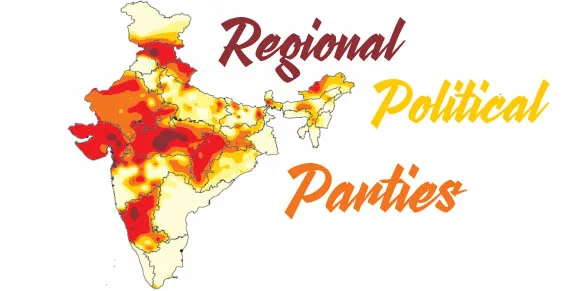
India’s regional political parties have evolved as a response to the need for localized representation in a vast and diverse country. The linguistic, cultural, and socio-economic diversity prevalent across different states has fueled the rise of regional parties. These parties champion the cause of regional identity, advocating for the protection and promotion of local interests.
Influence on State Politics:
Regional political parties hold significant sway over state-level politics, often forming governments and determining policy decisions. Their strong regional roots and deep connect with local communities make them key players in shaping regional agendas. These parties strive to address state-specific issues such as language, culture, economic development, and regional disparities.
Coalition Politics and National Influence:
Regional parties have played a crucial role in shaping national politics through coalition governments. With a fragmented political landscape, national parties often rely on alliances with regional parties to form a majority in the central government. Regional parties bring their regional mandates to the national stage, ensuring that the concerns of their respective states receive due attention. They act as pressure groups, demanding policies that benefit their regions and negotiating power-sharing arrangements.
Addressing Regional Aspirations:
Regional parties are better equipped to understand and address the unique needs and aspirations of their constituents. They act as intermediaries between the people and the government, articulating the concerns of their regions effectively. By prioritizing local issues, these parties provide a voice to marginalized communities, contribute to inclusive governance, and advocate for equitable development.
Challenges and Opportunities:

While regional parties have made significant contributions, they also face challenges. The dominance of national parties, limited resources, and competition from other regional players pose obstacles to their growth. However, regional parties have the potential to leverage their deep-rooted connections and focus on grassroots mobilization to overcome these challenges. They can utilize technology, social media, and targeted campaigns to engage with the electorate effectively.
Promoting Regional Cooperation:
Regional parties can also foster cooperation among states within a region, leading to increased regional integration and development. By collaborating on issues of mutual interest, such as water sharing, infrastructure development, and economic cooperation, regional parties can promote a sense of unity and collective progress.
Regional political parties are an integral part of India’s democratic fabric, ensuring that the voices of diverse regions are heard and represented. They bring attention to state-specific concerns, act as checks and balances to central power, and contribute to the overall democratic discourse. As India moves forward, it is crucial to recognize and appreciate the importance of regional parties in shaping the nation’s political landscape, promoting inclusive governance, and fostering regional cooperation.
Read Also: Indian Foreign Policy
![]()

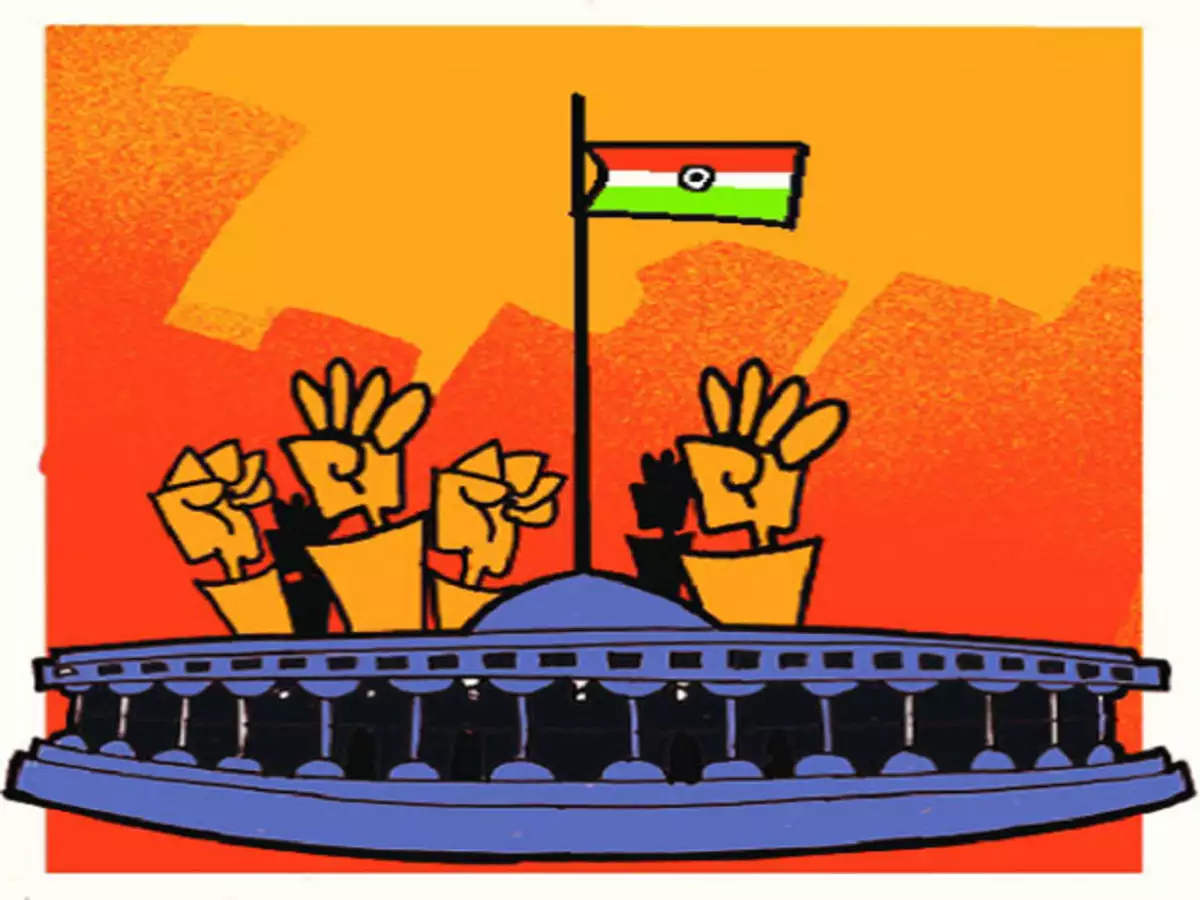
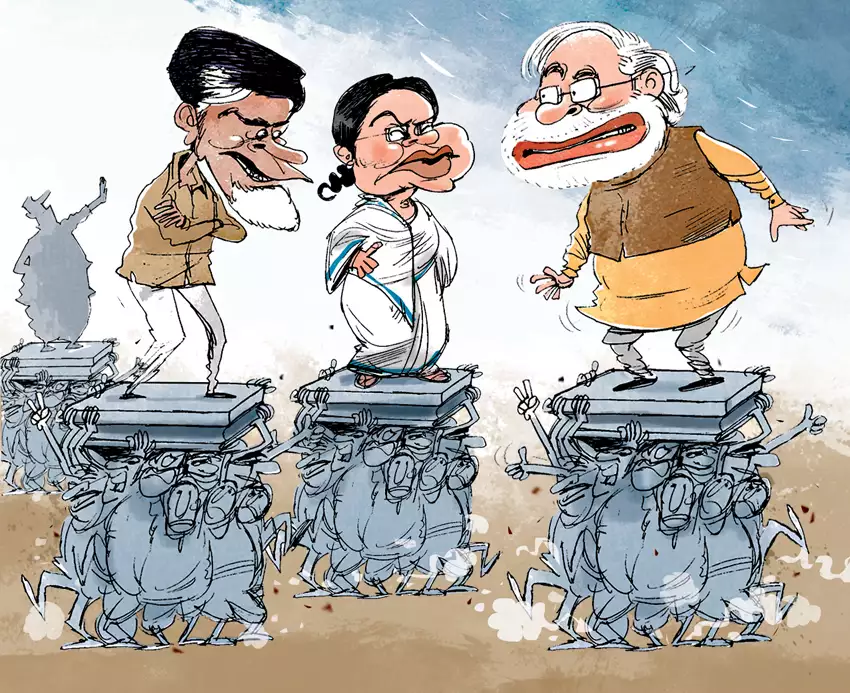
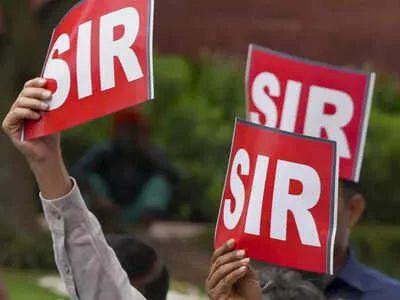
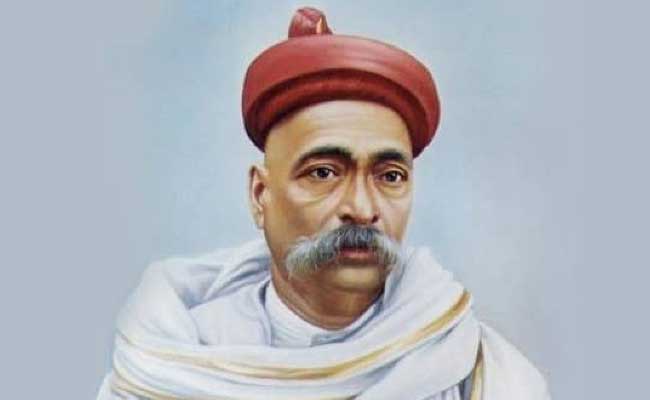
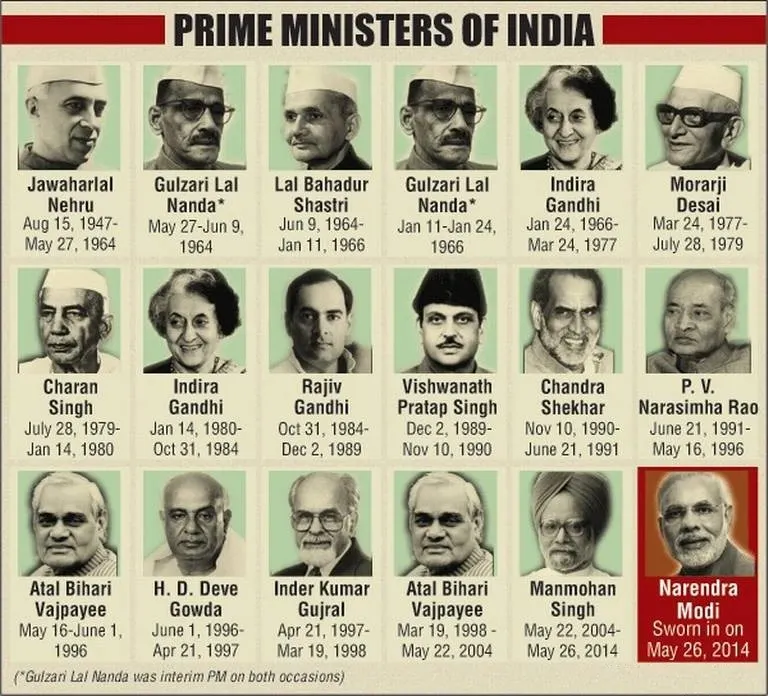
2 thoughts on “Regional Political Parties in India”